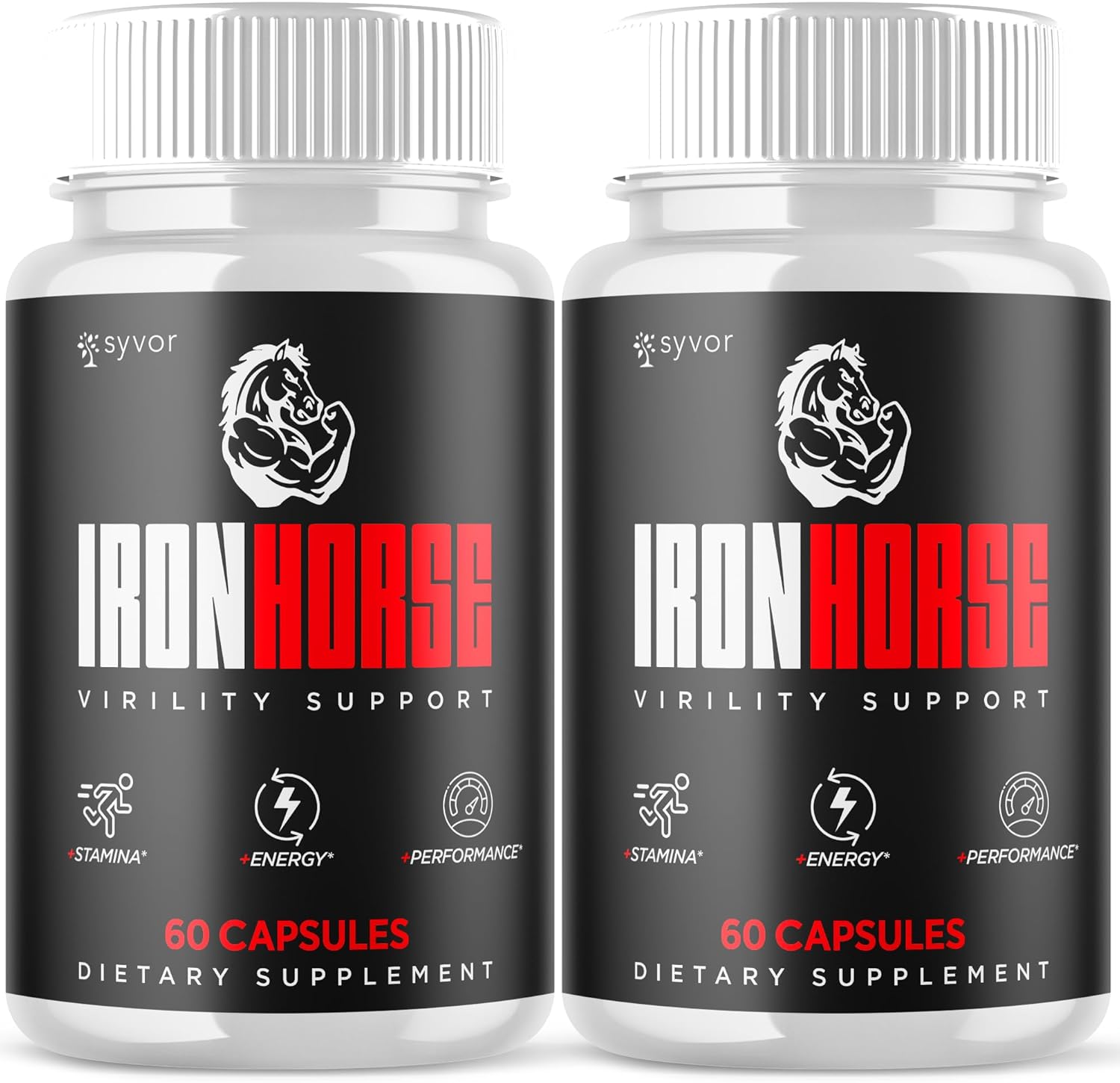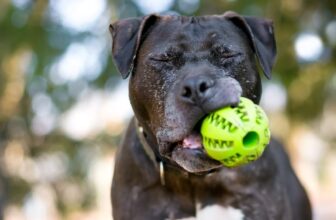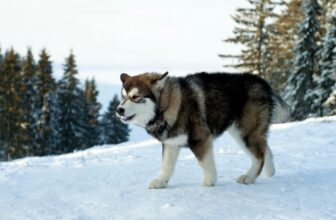
Check out our latest products
As our beloved dogs enter their golden years, their nutritional needs change just like ours do. Understanding these changes can help your senior dog stay healthy, active, and comfortable for years to come. Let’s explore the key areas you should focus on when feeding your older companion.
Protein
Many people think senior dogs need less protein, but that’s actually not true. Older dogs often need more high-quality protein than younger dogs. As dogs age, their bodies don’t make protein as well as they used to. This can lead to muscle loss, which makes them weaker and more likely to get sick.
Look for foods with at least 30% protein on the label. The protein should come from good sources like chicken, fish, or turkey. If you notice your dog losing muscle mass around their shoulders or thighs, talk to your veterinarian about increasing their protein intake. Strong muscles help support joints and keep your dog mobile and happy.
Omega-3 Fatty Acids
Omega-3 fatty acids, especially EPA and DHA found in fish oil, can be game-changers for senior dogs. These healthy fats help reduce inflammation in joints, which can ease arthritis pain and improve mobility. They may also support brain health as your dog ages.
For the best results, you’ll need to give higher doses than what’s typically in regular dog food. A good rule of thumb is 1-2 fish oil capsules (1,000 mg each) per 10 pounds of body weight daily. So a 50-pound dog might need 5-10 capsules daily. Always check with your veterinarian before starting supplements, as they can help you find the right amount for your specific dog.
Adjusting Calories as Activity Decreases
Most senior dogs slow down as they age. They might prefer shorter walks or more nap time on the couch. This is normal, but it means they need fewer calories to avoid weight gain. Extra weight puts stress on already aging joints and can worsen health problems.
Watch your dog’s body condition carefully. You should be able to feel their ribs easily but not see them. If your dog is gaining weight, you may need to reduce their food portions or switch to a lower-calorie food designed for weight management. On the other hand, if your senior is still very active, they may not need any calorie reduction at all.
Weigh your dog monthly if possible. It’s hard to notice gradual weight changes just by looking, so regular weigh-ins help you catch problems early.
Making Food More Appealing
Senior dogs sometimes eat less because their sense of smell isn’t as strong as it used to be. Since smell plays a huge role in appetite, you might need to make their food more appealing. Canned food often works better than dry kibble because it has a stronger scent. You can also try warming their food slightly or adding a small amount of low-sodium broth.
When to Consider Special Diets
Not every senior dog needs a special “senior” diet. However, some conditions common in older dogs do benefit from specific nutrition plans. Dogs with arthritis might benefit from prescription diets designed for joint health. Those showing signs of mental changes might do well on diets that support brain function.
The best approach to senior dog nutrition is working with your veterinarian to create a plan that fits your individual dog’s needs. Regular check-ups become even more important as dogs age, and your vet can help you adjust their diet as their needs change.
Remember, good nutrition is just one part of keeping your senior dog healthy. Regular, gentle exercise, mental stimulation, and lots of love all play important roles in helping your faithful companion enjoy their golden years to the fullest.



![[PETHROOM] Cat Nail Clipper Trimmer for Indoor Cats with Circular Cut Hole (2mm) | Premium Sturdy Stainless Steel Blade Cat Claw | Safe, Easy, Accurate, Quiet & Fast | Avoid Overcutting](https://m.media-amazon.com/images/I/6156hi88deL._AC_SL1298_.jpg)
![[PETHROOM] Professional Eye Comb for Pets | Stainless Steel Tear Stain Remover for Cats & Dogs | Gentle Round-Head Grooming Tool | Compact & Portable for Eye Gunk Removal](https://m.media-amazon.com/images/I/71+W758uwXL._SL1500_.jpg)









